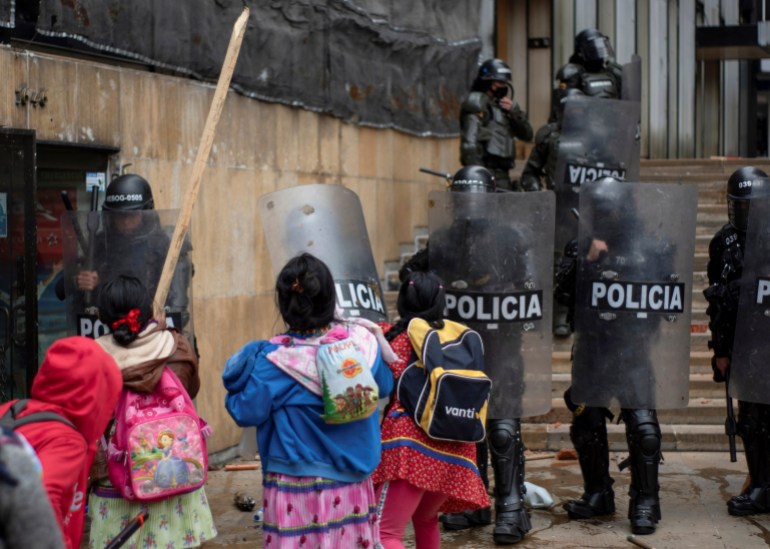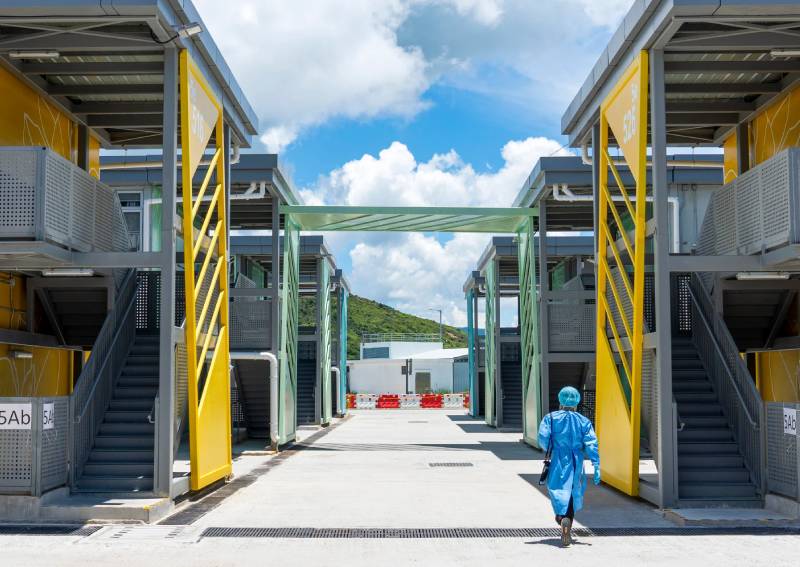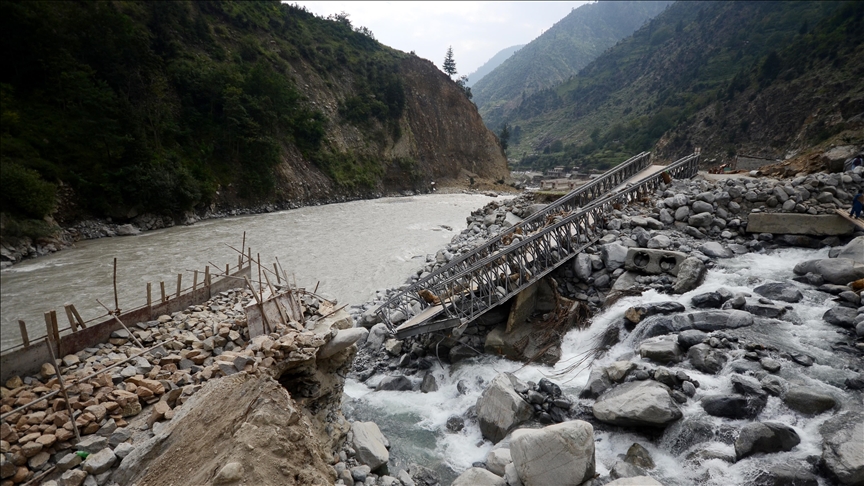Saturday, 3 December, 2022 -

Hodeidah port on the Red Sea, west of Yemen (AFP)
Aden - Waddah al-Jalil
The huge revenues of several Yemeni institutions prompted the Houthi militia to implement new administrative and financial measures to control and manage the profit in their favor.
The new measures introduced e-accounting systems and complex administrative control procedures, dismissed the head of these institutions, and replaced them with group members.
Sources in Sanaa stated that the group assigned several affiliated companies, specialized in technology, to prepare new accounting systems for institutions, such as the Red Sea Ports Authority, the Oil Corporation, the Kamaran Company, the Public Telecommunication Corporation, the Economic Corporation, the Post, the Tax Authority, the Tax Authority Customs, and the capital's secretariat revenues.
The militia sought to establish a supervisory body to oversee all revenue institutions and monitor their activities, profits collection, and disbursement mechanism.
According to the sources, this procedure was established after the militia discovered it was difficult to launch alternative revenue institutions similar to other institutions it created.
The militias lack qualified technical cadres loyal to them to replace the personnel working in institutions such as the Red Sea Ports Authority, the tax and customs authorities, the Public Telecommunication Corporation, the oil companies, Kamaran, and others.
Houthis aimed to appoint their leaders at the top of these institutions to gain the support of technical staff and employ several of their members in various departments as informants to monitor the progress of accounting and administrative activities and procedures.
The militia began using the "Code of Ethics and Conduct," which it recently announced, and it includes rules for public servants, including accepting Houthis' right to rule and participating in their sectarian activities.
The sources stated that the militias have started implementing new accounting procedures in Hodeidah port after it achieved huge revenues during the past eight months, during the UN-sponsored truce, which Houthis refused to extend.
They said the militias noticed it was possible to obtain data and information about Hodeidah port revenues and several other institutions, given the nature of the administrative and accounting procedures of the institutions under Houthi control since Sept. 2014.
In October, the Yemeni government revealed that the militias had achieved more than YR203 billion after Hodeidah port received 54 shipments of oil and its derivatives during the humanitarian truce that began on Apr 2 and ended on Oct 2. One of its most important provisions was to allow the port to operate and permit fuel shipments fully.
Hodeidah port continues to receive fuel shipments despite the end of the armistice more than two months ago after Iran's arm stipulated that the salaries of employees in its areas of control are paid from oil and gas revenues in the liberated governorates only, and its refusal to include the Hodeidah revenues in the salary disbursement.






















